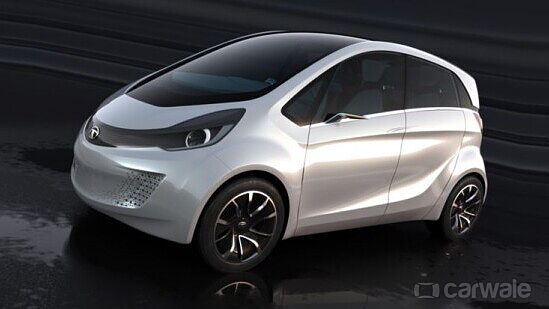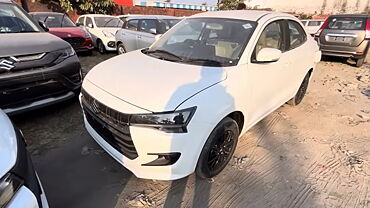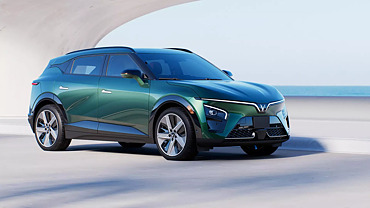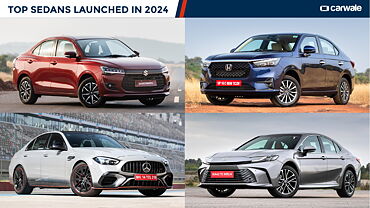
The automotive industry, as a whole, is passing through the inflection point in powertrain technology. But, the tectonic shift from fossil fuels to alternative power sources is not the only paradigm shift in process. There might be a significant correction in global automotive demand as a result of another global recession staring right in our faces.
The automotive industry is a slow-moving almost-capital-goods industry, the fate of which lies in the aspiration quotient of owning a fancy car, as fancy as you can afford. Because it is a chunky expenditure, it automatically becomes the first casualty even if there is a conservative sentiment in the market.
For example, the fuel price hike has almost crushed the festive car demand here in India with reports of even Diwali not being able to accelerate the sales. The numbers have been flat in the last quarter but now that Brent crude has gone below $70 a barrel, low fuel prices might be able to get some momentum going.

The Chinese car market has been in the red for the fourth month in a row, down 11 per cent as compared to October 2017. Even the cumulative sales for the first 10 months of 2018 are lower than that for the previous year and this will have a bearing on all the global car makers. China is one of the biggest car markets in the world and a developing one at that, after the American and European saturation, is the next stimulator for the growth of automotive corporations along with India.
The ongoing trade-war between America and China, the hard Brexit, Iranian crisis and Saudi Arabian misdemeanors, Brazil falling out of the BRICS and Southern Europe trudging forever are all thick black clouds that can drown out even a sunny day. With Trump strengthening his hold on the Senate, China will continue to suffer and so will quite a few countries in the world as America reels back into a controlled market from a free-market policy.

The additional tariffs on imports and a continually expanding lists of items being brought under the ambit of imports duties will affect American automotive corporations like Ford, Fiat-Chrysler and General Motors and if the recession recurs, we might find all of them filing bankruptcy. The Chinese market will hugely affect European corporations like Volkswagen Group, Jaguar and Land Rover and Volvo.
While the global slowdown is one side of the coin, the other side has ‘awareness’ written all over it. In this era of political correctness, congestion, noise pollution, the nuisance value of automobiles is on the rise. Big cities across the globe are increasingly taxing cars to stem congestion. Air quality and pollution are being reined in by the emission norms that are becoming progressively stricter but even that is seemingly insufficient to keep global warming at bay. Diesel cars are getting banned in European cities by the day and soon it might turn out to be the turn of the petrol cars in a few years.
Like we have said before, the paradigm shift in powertrains is presenting itself as a solution to the pollution problem. But unless the source of electricity is not clean, the pollution is just being decentralized. So the cumulative harm to the ecosystem will be the same. Tesla’s solar plants and more renewable sources of energy, if employed, will be the only way out.

In addition to these, the changing behavioural patterns of the future customer base will be another challenge for the car makers in the times to come. The millennials prefer renting, leasing and sharing cars to buying them. Which means, the demand for new cars might dip across the globe. Billions of dollars in investments to add more capacities might be at stake. But then, like always, the industry will adapt itself, weather the storm and in that process the definition of private transportation i.e. cars might metamorphose itself into something new that we will have to only wait and watch.


































